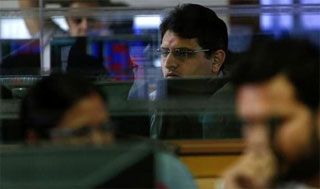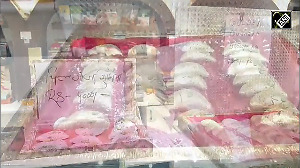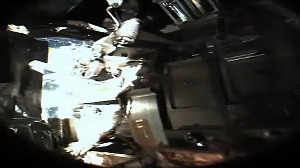 As it readies for the first ever merger of two regulators, markets watchdog Sebi has decided to absorb the existing staff of commodities regulator FMC and will begin hiring more from outside in 6-8 months.
As it readies for the first ever merger of two regulators, markets watchdog Sebi has decided to absorb the existing staff of commodities regulator FMC and will begin hiring more from outside in 6-8 months.
Sebi has also created a separate Commodity Cell and has set up new departments for regulation of commodities derivatives market, while an additional office space has been identified in the vicinity of its headquarters in the city's upmarket financial district Bandra Kurla Complex.
The Forward Markets Commission (FMC), which has been regulating commodities markets since 1953, will merge with the Securities and Exchange Board of India (Sebi) on September 28 to create a unified markets regulator.
In the run-up to the merger, Sebi and the government has notified all enabling regulations including amendments to various existing norms.
An internal committee was also set up to evaluate and suggest regulatory changes for merger and prepare a roadmap for the same.
Sebi has formed a Commodity Cell by posting its senior officials, while two internal departmental committees (one each in Integrated Surveillance Department and Market Intermediaries Regulation and Supervision Department) have been set up, top officials said.
Sebi has also sought help from Agriculture Ministry with regard to the data sources for the prices and to improve the methodology for determination of final settlement price.
The structure and manpower strength of divisions and departments handling the responsibility of regulating the commodity derivatives markets has been finalised.
The manpower requirement will be met with the officers from FMC (both cadre and deputation) and by new hiring.
Till new recruitments are done, suitable officers are being drawn from various Sebi departments.
Post-merger, as the divisions start carrying out the activities on a regular basis, based on the volume of work, an assessment of the exact manpower requirement will be carried out in near to mid-term, that is 6-8 months post-merger.
The exercise of selection of FMC officials has been undertaken by a committee constituted by Sebi and the list of selected officials has been communicated to the government.
For additional office space, a request for grant has been made to the government.
Various departments of Sebi had carried out gap analysis of Sebi norms vis-a-vis norms in the commodity derivatives markets, based on which amendments have been made to norms.
Earlier, presentations were made by FMC, exchanges and others including investor associations and outside experts, on operations and other issues in commodity derivatives markets.
A series of interactions by way of conference calls is also being held with officials of the US commodities markets regulator CFTC to understand the regulatory framework in that country including on risk management, product design, member regulation and surveillance.
Sebi visited FMC, exchanges, mandis, warehouses, assayers and gold vaults in Gujarat and Delhi among other places.
Currently, there are 12 recognised commodity exchanges, out of which six are non-operational.
The operational exchanges include three national and three regional bourses. FMC has already issued directions to non-operational exchanges including for refund of client money, resolving client disputes and refund of member deposits.











 © 2025
© 2025